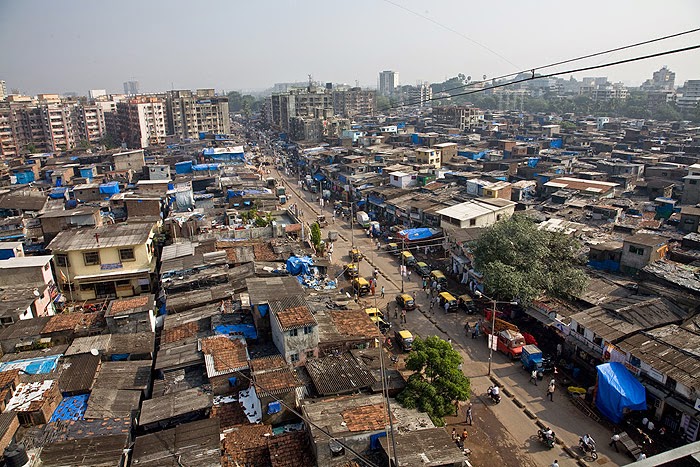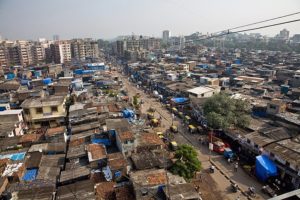
How protect 1 billion people who live in informal settlements ?
It is crucial the one billion people who live in informal settlements around the world are not forgotten as cities develop climate plans.
Adapting to climate change is challenging for all cities, especially if global agreements fail to keep global temperature rise below 1.5°C. But how is adaptation possible where city governments have no capacity?
Cities in wealthy countries with functioning governments already have services such as reliable, safe water piped to homes, sanitation, paved roads and paths, storm and surface drains and connection to electricity grids. Almost all housing conforms to official standards, which protect inhabitants from extreme weather. And most people have the added benefit of insurance for their homes and possessions.
City governments that have taken climate change adaptation seriously, have moved from a political commitment to act, to developing new policies and technical responses. The needed move to greater resilience to climate change happens within the ‘formal’ world of policies, budgets, rules and regulations overseen by elected city governments.
One of the greatest challenges for climate change adaptation is how to build resilience for the billion urban dwellers who live in informal settlements. In cities in middle- and low-income countries there is little technical and no investment capacity, and much of the population live in informal settlements that lack almost all risk-reducing infrastructure and services.
For many cities, more than a third of their population live in such settlements – in some, it is more than half.
The people who live in informal settlements and work in the informal economy form a critical part of each city’s labour force and wealth. But they cannot find ‘formal’ housing that they can afford. So, they live in settlements that are outside the system of regulations.
Most are on land that is illegally occupied; many are on such high-risk sites as steep slopes or watersheds where climate change will increase the dangers they face. Most do not receive the risk reducing infrastructure and services that should be provided to everyone who lives in cities – and which are so needed as the foundation for developing the systems fundamental to adapting to climate change.

For city governments, addressing these issues is complicated by the many ways in which informal settlements break laws and contravene regulations. Or they are hampered by limited technical capacity, lack of funding and political constraints. It is also complicated by the fact that in many countries, local governments ignore those living in informal settlements or evict them.
But by recognising the knowledge and skills available in informal settlements, particularly through working with community organisations, city governments can develop effective upgrading measures for these areas and help
there.
What do you think?